
EDITORIAL
02-10-2019 by Freddie del Curatolo
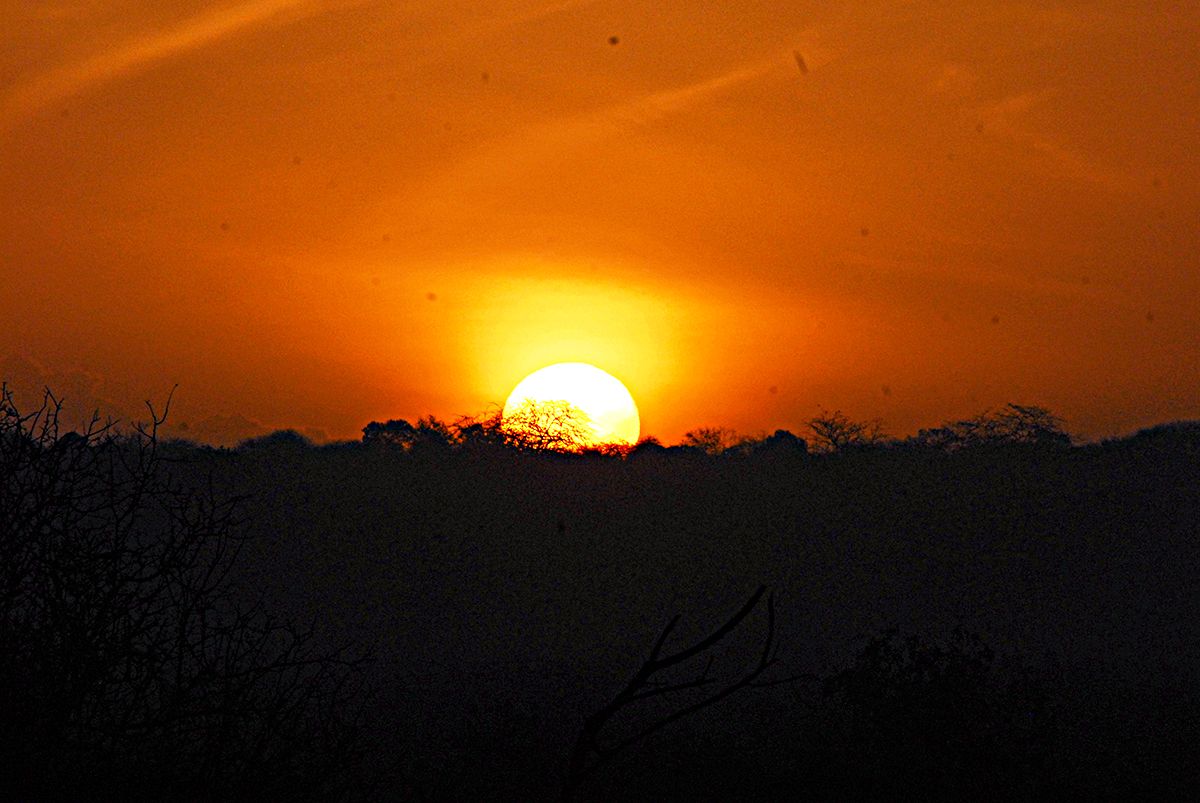
Emotional state or commonplace, superficial infatuation or deep philosophy, the so-called "mal d' Afrique" has always been associated with the most enchanting and evocative places in Kenya, even if this "saudade" of the Black Continent has different historical roots and over the years has also affected the Italians in Eritrea and Somalia and also the French in West Africa.
When we talk about tourists and Kenya (and our page called "Mal d'Africa" brings many testimonies about it) the "Mal d'Africa" divides into comments: there are those who consider it as adolescent love, all instinct and no reason, far from the real reasons why then you decide to live and / or love these lands and their people, and those who instead bless it because it is a state that simply does good to the soul and makes happy.
Today, however, in the technological era in which real emotions are preferred to virtual "likes", even the "sickness of Africa" of those who attend in particular Malindi and its surroundings (ie the bulk of Italians in Kenya) has lost its value. In the seventies Kenya was above all synonymous with adventure: just think that for half a decade it was still open to big game hunting in the savannah, that to reach two-thirds of the country you had to walk along little more than camelable trails or extricate yourself in thick forests.
Let's talk about fifty years ago, a time that we can date as the beginning of organized tourism with destination Nairobi, for safari, and Mombasa, for sea and safari in any case.
Those who dreamed of tropical beaches, the islands of Robinson Crusoe and a warm winter holiday, were still fond of the Caribbean, Seychelles and Mauritius, while the myth of the Maldives made its way.
Kenya was undoubtedly for lovers of nature and of the "wild".
But at the beginning of the eighties the theory of the "sickness of Africa" began to take root, of the feeling of freedom, of total abandonment from the progress and from the more and more frenetic life of Europe. The Kenyan coast, with its pleasant climate, slow rhythms and hospitable, shy and smiling people, has attracted more and more people, first from Germany, Switzerland and Austria, then also from Italy.
In just a few years, hotels and restaurants have sprung up, and on the shores of the Indian Ocean a tourist industry was born that until then was almost exclusively for the benefit of British and American lovers of deep-sea fishing or retired former British settlers.
Here the "sickness of Africa" begins to bind to tourism and the resulting building boom combines romance and adventure with business.
In the Italy of the first real estate teleshopping and terraced houses in the green suburbs of the metropolis, some already spread the word that with a few million lire you can buy land on the sea eight hours flight from home. In addition to the winter tan, the excitement of the safari and the exotic charm of the Black Continent, in the optimism of global growth, the idea of investing in a paradise (including tax) feeds the afflatus.
So much so that for many people the "sickness of Africa" becomes a permanent condition, with definitive transfers, if not real escapes from their own country.
"And without great trouble, someone will disappear ... perhaps they will be the too smart and the idiots of all ages," sings Lucio Dalla in those years.
Malindi from this point of view stands out as the prince's destination, surpassing the most holidaymakers Diani and Nyali and the freaky Lamu, while Watamu is still unknown to most.
Those who arrive on holiday with their first organized trips to Bouganvillage, Jambo and Coconut, the first real villages, with entertainment, sport and beautiful company, have the opportunity to integrate with fellow countrymen who have made a choice of life and fatally someone will take courage and imitate them.
Since then, the "sickness of Africa" is also synonymous with exile, a natural condition of the emigrant on the coast of Kenya. Those who open a safari agency and discover savannah corners never before practiced by organized tourism, those who enjoy combining spaghetti al dente with local crustaceans that cost like a can of tuna in Italy, those who invent trades and take market slices that do not yet exist in a Kenya under construction.
In the 1990s, "malind'Africa" was no longer just a condition for adventurers, travellers and fugitives, but also a way of creating an alternative community, creating a second life hypothesis and even taking a little black money elsewhere while Tangentopoli was spreading in Italy. From the coral villas on the shore of Silversand you can move in a short time to apartments in residences and timeshare. Twenty years on, wild Africa is already turning into something more like the Canary Islands. Hotels have multiplied, there's something for every taste and every budget.
The aura of Malindi and of Italian Kenya reaches a certain notoriety and its success is inevitably linked to the VIPs who frequent it, to the dangers given by nearby Somalia and any other news event. At this point the disease of Africa is also worldly, so much so that at the beginning of the new Millennium there are those who pack their bags and return to Europe (many young people who have completed a wonderful experience and perhaps even a little 'carefree life) and there are those who move to a Kenya more Kenya or choose the "civilization", betting on the development of Nairobi.
Those who remain, on the other hand, are happy to grow old in a place that has now become their second homeland and with the passing of the years the "sickness of Africa" takes on the connotation of nostalgia, relaxation and serene acceptance of old age. Here, then, is another kind of tourism proliferate, that of pensioners and home buyers (after the crisis at the beginning of the Ten Years more rents than purchases) in Malindi and Watamu. Nightlife is decreasing, pharmacies are increasing, there are fewer restaurants and supermarkets, less prostitution, more carers.
The original meaning of the "sickness of Africa" is now lost, after having changed too many times the connotations.
Now from feeling it has become a service. To question it, it only takes a few more hours by air, a bumpy road, an interruption of the water supply.
It's hard to convince these kind of people in Kenya that the colors of the sky are more important than pressure pills and that a day in a village in the hinterland can teach more than a hundred passes in any office in Italy. It is impossible to make people fall in love who no longer remember what love is. But we didn't invent the "sickness of Africa", it was there first to wait for us and it is the emanation of this place. It will return, for the umpteenth time in other forms. And if it is not a mass phenomenon, it means that perhaps it is better this way.
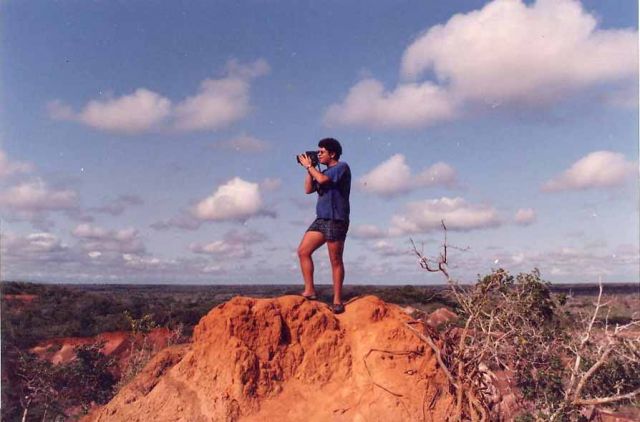
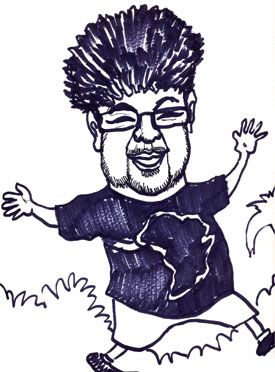
Imagine a space where sky does not dominate you
it runs through you
where you don't breathe air, you taste it
a place where time doesn't run, it simply rolls by
where your nerves no longer get nervous.
A place...
MAL D'AFRIQUE
by redazione
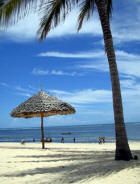
This space is dedicated to all the people who had to do with Kenya, on holiday, for job, guests of a friend, for voluntary service or by any other voluntary or unintentional chances, and who experienced so much the magic...
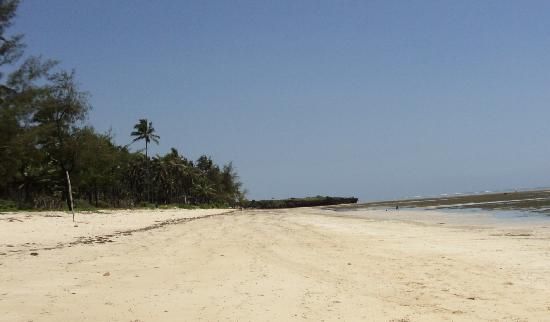
My mal d'Afrique is not nostalgia
it is thirst
thirst for human energy
voices
smells so familiar, in the morning when I wake up, at the end of a dream taking me out there ...
thirst for strong hands taking...